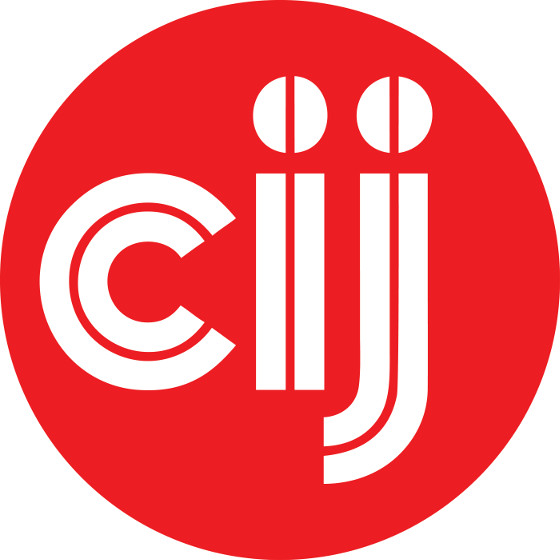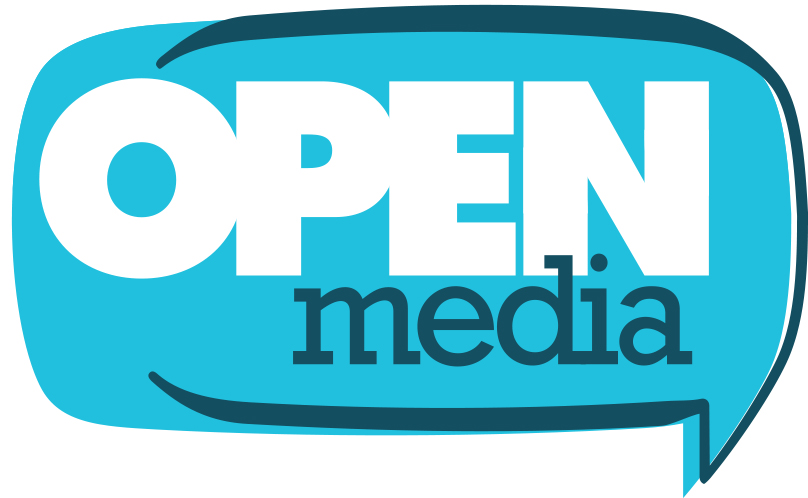Don’t Spy On Us has joined together with over 63 civil society groups worldwide to demand that the UN does more to protect free expression and privacy online. In a joint oral statement at the 26th session of the UN Human Rights Council (HRC), Don’t Spy On Us founding members ARTICLE 19, Big Brother Watch, English PEN, Liberty, Open Rights Group, and Privacy International, joined others in rejecting mass surveillance as disproportionate and contrary to fundamental human rights.
Don’t Spy On Us has joined together with over 63 civil society groups worldwide to demand that the UN does more to protect free expression and privacy online.
In a joint oral statement at the 26th session of the UN Human Rights Council (HRC), Don’t Spy On Us founding members ARTICLE 19, Big Brother Watch, English PEN, Liberty, Open Rights Group, and Privacy International, joined others in rejecting mass surveillance as disproportionate and contrary to fundamental human rights.
The Snowden revelations lifted the lid on the mass surveillance practices of a number of states, often held up as beacons of democracy in international fora. The UN is starting to look more closely at the mass surveillance practices of states and how to apply human rights standards to the internet. Two years ago, the HRC stated unequivocally that “the same rights that people have offline must also be protected on line, particularly freedom of expression”.
Don’t Spy On Us will be keeping an eager eye on the various debates at the UN on rights to privacy and free expression online. It’s positive that some states, such as Austria, Brazil, Germany, Liechtenstein, Mexico, Norway and Switzerland who recently addressed the UN on the right to privacy in the digital age, are recognising that mass surveillance is incompatible with human rights.
However, the UK government remains stubbornly dismissive. Don’t Spy On Us will continue to call on the UK government to recognise our 6 Principles and ensure UK surveillance practices are in line with international standards and protect the right to privacy and free expression.
Read the statement in full here.






























Comments (0)